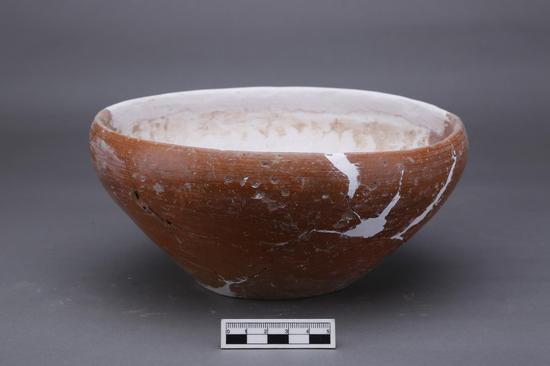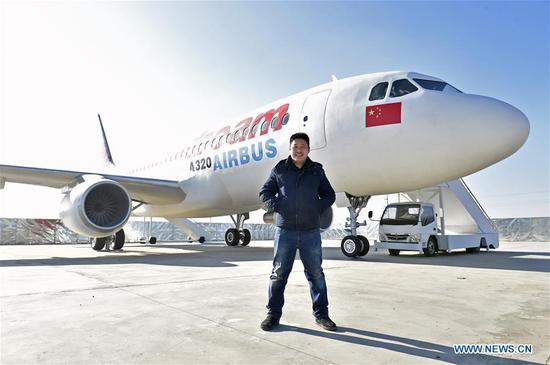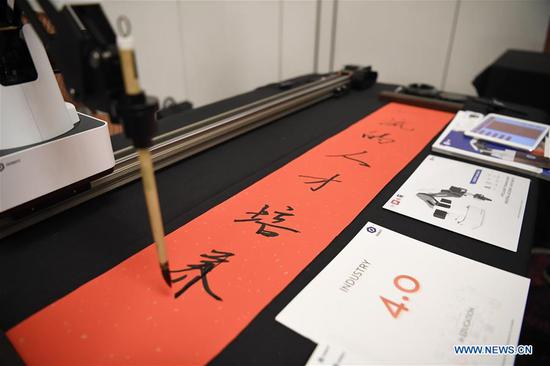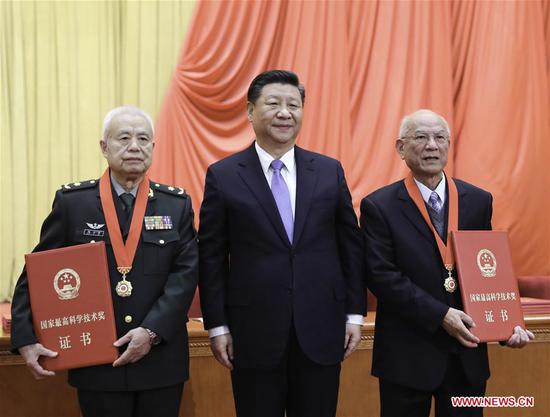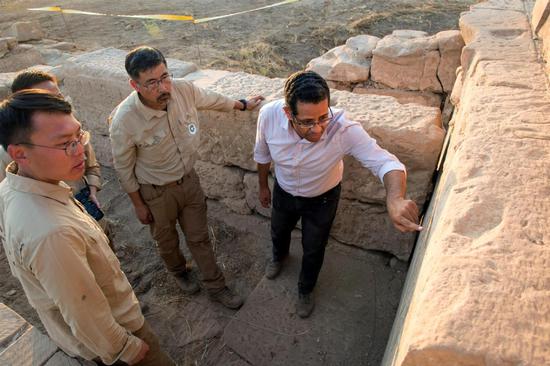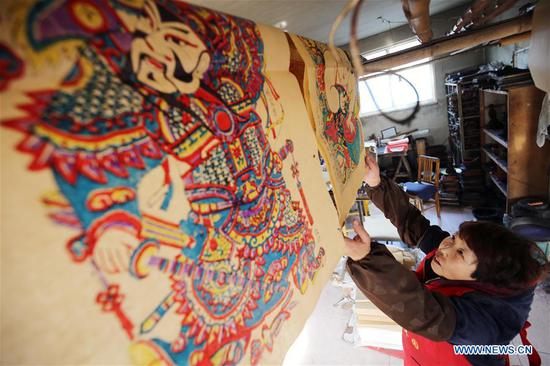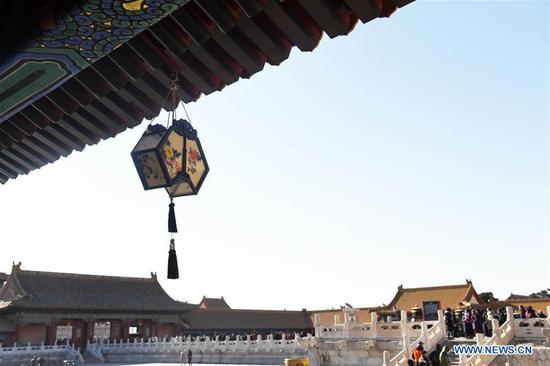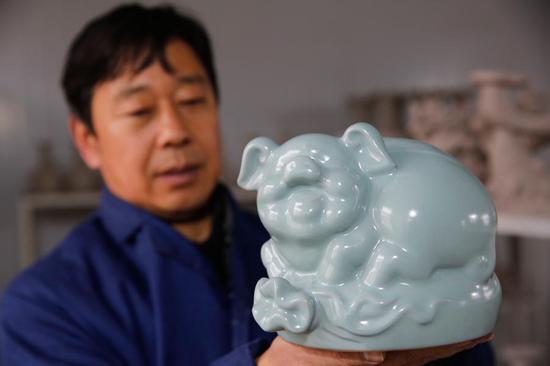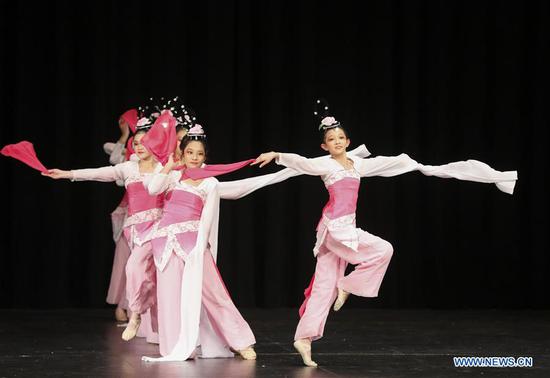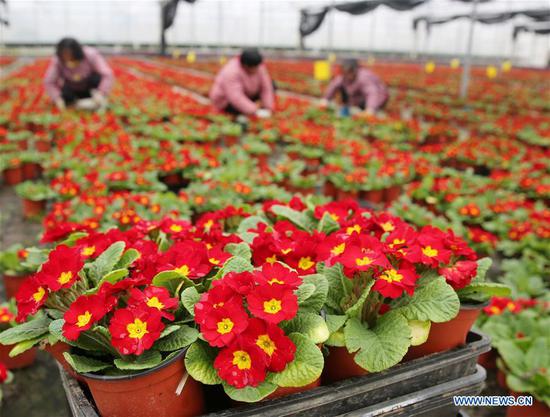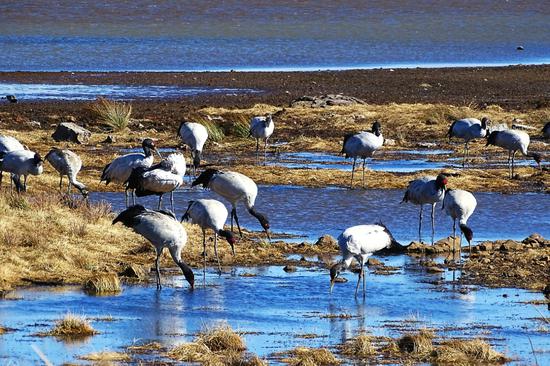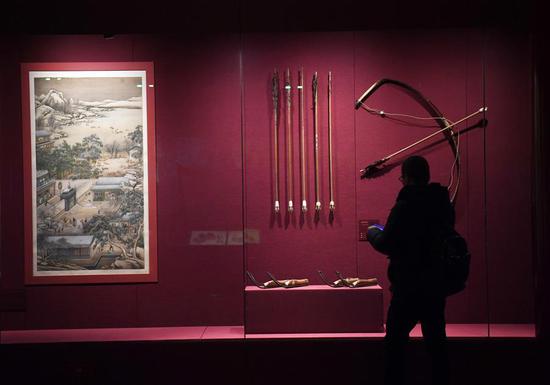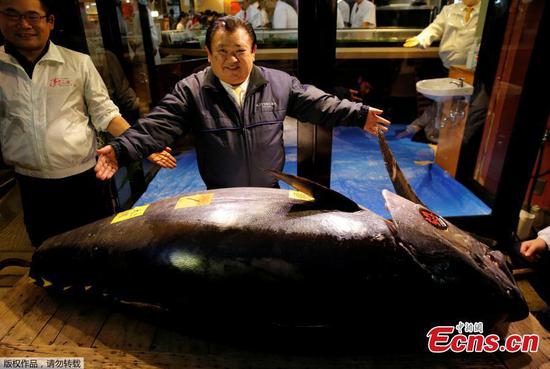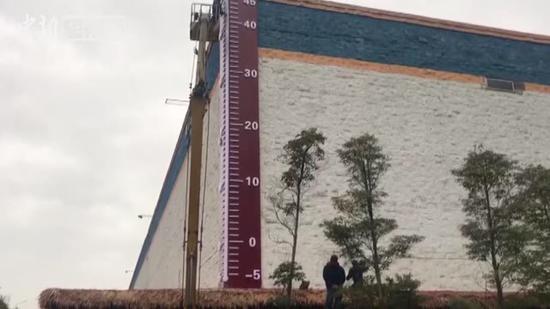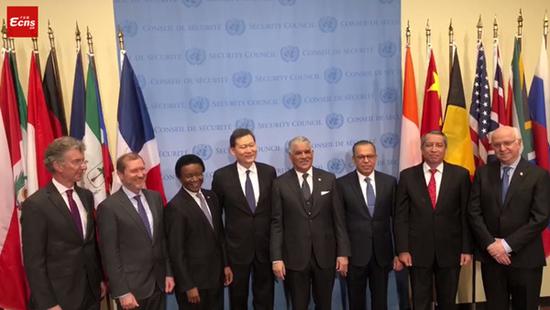Cuba plans to attract more Chinese visitors in 2019 in light of the growing number of Chinese overseas tourists.
"China currently ranks 14th as a tourism market for Cuba, as last year approximately 46,000 Chinese visitors came to our country, representing a 10-percent increase over 2017," Michel Bernal, director of the development sector at the Tourism Ministry (Mintur), told Xinhua in a recent interview.
That's a good start. But given the growing number of Chinese tourists traveling the globe, Cuba knows it can do better.
It plans to step up promotional campaigns in China about the Caribbean island's varied destinations.
Bernal said the majority of Chinese travelers to Cuba arrive from nearby countries and not through the weekly Air China flights connecting Havana and Beijing with a stopover in Montreal, Canada.
The route inaugurated at the end of 2015 has seen low passenger rates, and Cuba wants to tackle the "challenge" of filling those empty airline seats, Bernal said.
"We have created a working group at Mintur to improve the situation of this flight and we will visit China early this year to talk with travel agencies and tour operators, and promote Cuba as the most important destination in the Caribbean," he added.
According to the official, Cuba will participate in relevant tourism fairs in China in 2019.
"We currently have tour guides who speak Chinese, which is very important, and at several hotels in Havana, managers that work directly with tour operators who speak Mandarin," said Bernal.
Since October, professors from China's Confucius Institutes have been teaching Mandarin at the Tourism School of the University of Havana. Agreements have also been finalized to incorporate Mandarin as a second language at the university's School of Foreign Languages.
Two new Chinese restaurants will be opening in Havana this year, said Bernal.
According to the official, there's a strategy to boost Chinese investments in the Cuban tourism sectors as it provides confidence for visitors from China.
Official figures show Chinese companies are among the leading foreign partners in Cuba's tourism sector, with investments exceeding 700 million U.S. dollars.
Ties in tourism represent a significant contribution to strengthening the financial, trade and economic links between the two nations, Bernal said.
In the local car rental business, 65 percent of the fleet is Chinese brands. Nearly the entire fleet of buses were manufactured in China.
"Every day we want to insert more Chinese products and technologies in the tourism sector. And currently, in addition to buses and vehicles for rent, we have bought air conditioners for rooms in many hotels," said Bernal, adding "we are also assessing other goods for the Cuban hotel industry."
Cuba had a record 4.75 million international visitors in 2018 and this year it hopes to attract 5.1 million tourists, which will represent a 7 percent growth.
Tourism is the island's second biggest source of foreign revenue. The Cuban government considers it as one of the main driving forces of its economic development.









